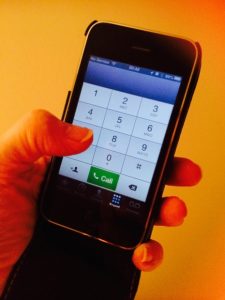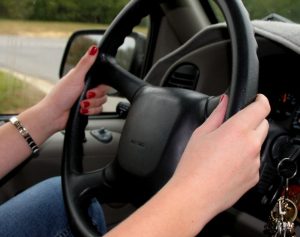In a multiple vehicle car accident, where witnesses may give widely varying accounts of what actually happened and who is at-fault and to what degree, the credibility of each witness and party becomes critical. It’s not uncommon for defense attorneys to challenge the credibility of plaintiffs to challenge their own client’s liability.
In a recent case before the Hawaii Supreme Court, this was precisely what the defense attorney did, via alleging at various points during the trial that plaintiff was not even in the vehicle, was not injured in the course and scope of employment (she was a home health aide reportedly helping transport a patient to a doctor’s office at the time of the crash) and that she had filed this personal injury lawsuit as a money grab on top of her fraudulent workers’ compensation claim. He went so far as to tell the jury during closing arguments that if they sided with plaintiff, they should be ashamed of themselves as it would consummate plaintiff’s fraud. Mind you, this was not something of which she’d been formally accused or convicted.
Plaintiff sought a jury instruction that would stipulate they could not consider her motive in filing the case, but rather only whether defendant was negligent. Trial court rejected that request, and jurors returned an 11-1 verdict in the defense favor, finding defendant – the rear driver in a three-car pileup – was not the legal cause of plaintiff’s injury. Continue reading
 Broward Injury Lawyer Blog
Broward Injury Lawyer Blog












